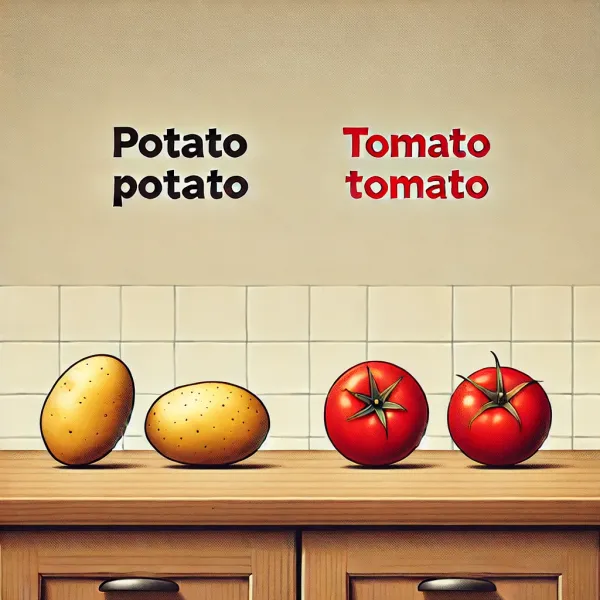Food to avoid

One of the most common questions in our minds is a list of foods I should avoid. Yesterday, I was speaking to someone, and we were discussing a similar list.
Tomatoes and other nightshade vegetables due to his immune disorder were on his list. This got me thinking. Should you create a "no not eat" list based on your condition, whatever that is?
My short answer is no.
But allow me to explain. Food has a powerful effect on the human body. Spinach, eaten every day, can give you stones. So obviously, we need to be careful about what we put into our mouths.
But tomatoes, onions, and garlic, together, have a powerful anti-cancerous effect. So, should you avoid them all together?
The truth is that while a particular ingredient can have a detrimental effect on your body, it also has beneficial effects. We need to keep both in mind before we discard something.
Consuming anything in excess can be harmful. But when eaten in moderation, the same thing can have a beneficial effect.
So what should you do?
If you indeed have a condition that requires you to moderate your intake of food—soy for women, cruciferous vegetables for those with a thyroid—then reduce the intake. You may not need to remove it entirely.
There are exceptions. For example, if you have a hyperthyroid condition, you need to be careful about your iodine intake. In such cases, foods rich in iodine may have to be eaten sparingly.
Sparingly, in this case, could even mean that you are consuming some of it when you travel, eat at a friend's place, or are out of home.
So don't blindly follow the advice to stop or start eating ingredients. Read and learn about the beneficial effects of an ingredient while also learning about its harmful effects.
The foods to really avoid are processed foods, junk food with industrial oils, or foods high in sugar.
Reach out to me on twitter @rbawri Instagram @riteshbawriofficial and YouTube at www.youtube.com/breatheagain






